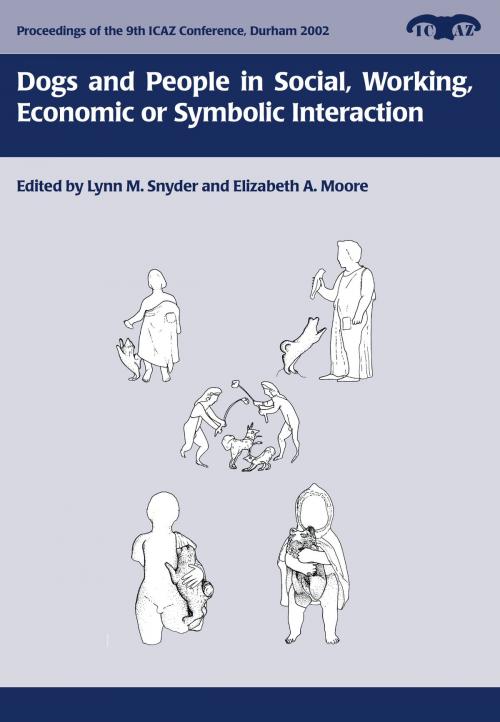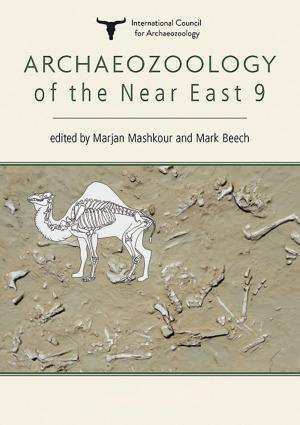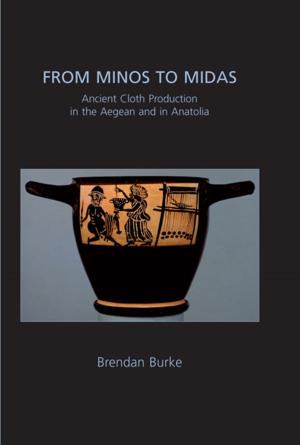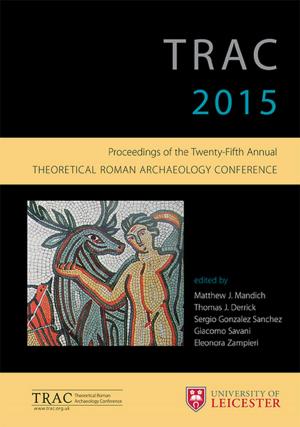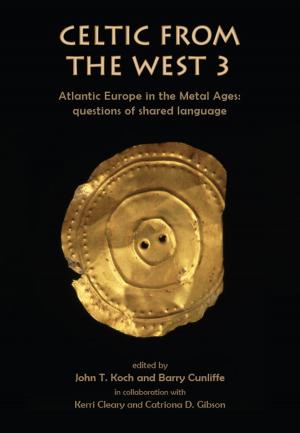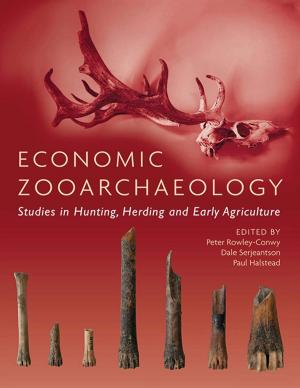Dogs and People in Social, Working, Economic or Symbolic Interaction
Nonfiction, Social & Cultural Studies, Social Science, Archaeology, Science & Nature, Science, History| Author: | L. Snyder | ISBN: | 9781785704260 |
| Publisher: | Oxbow Books | Publication: | July 29, 2016 |
| Imprint: | Oxbow Books | Language: | English |
| Author: | L. Snyder |
| ISBN: | 9781785704260 |
| Publisher: | Oxbow Books |
| Publication: | July 29, 2016 |
| Imprint: | Oxbow Books |
| Language: | English |
This, the final title to be published from the sessions of the 2002 ICAZ conference, focuses on the role of man's best friend. As worker or companion, the dog has enjoyed a unique relationship with its human master, and the depth and variety of the papers in this fascinating collection is a testament to the interest that this symbiotic arrangement holds for many scholars working in archaeology today. The book covers an eclectic range of subjects, such as considering dogs as animals of sacrifice and animal components of ancient and modern religious ritual and practice;
dogs as human companions subject to loving care, visual/symbolic
representation, deliberate or accidental breed manipulation; as
working dogs; and finally as co-inhabitors of uman dwelling paces
and co-consumers of human food resources. While many of the
papers in this volume have a predominant focus, they also
demonstate that the relationships between humans and dogs are
rarely , if ever singular or simple. Instead these relationships
are complex, often combining the practical, the ideological and
the symbolic.
This, the final title to be published from the sessions of the 2002 ICAZ conference, focuses on the role of man's best friend. As worker or companion, the dog has enjoyed a unique relationship with its human master, and the depth and variety of the papers in this fascinating collection is a testament to the interest that this symbiotic arrangement holds for many scholars working in archaeology today. The book covers an eclectic range of subjects, such as considering dogs as animals of sacrifice and animal components of ancient and modern religious ritual and practice;
dogs as human companions subject to loving care, visual/symbolic
representation, deliberate or accidental breed manipulation; as
working dogs; and finally as co-inhabitors of uman dwelling paces
and co-consumers of human food resources. While many of the
papers in this volume have a predominant focus, they also
demonstate that the relationships between humans and dogs are
rarely , if ever singular or simple. Instead these relationships
are complex, often combining the practical, the ideological and
the symbolic.
